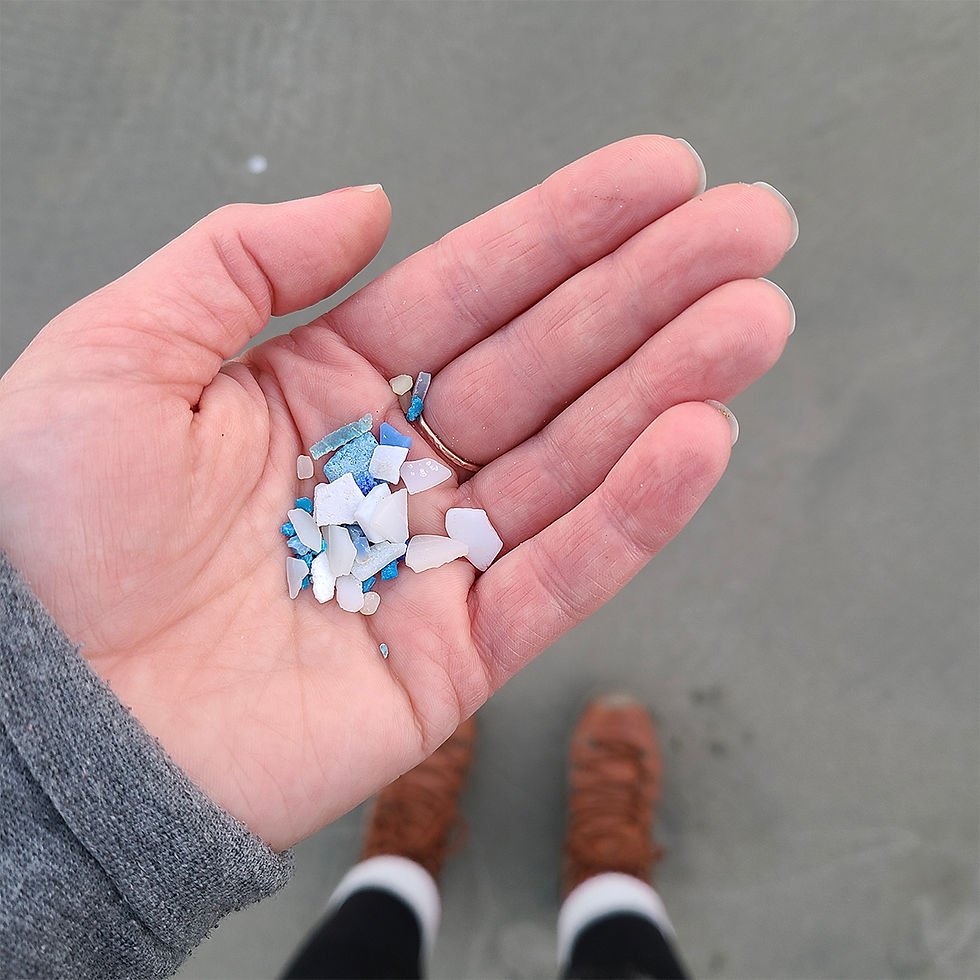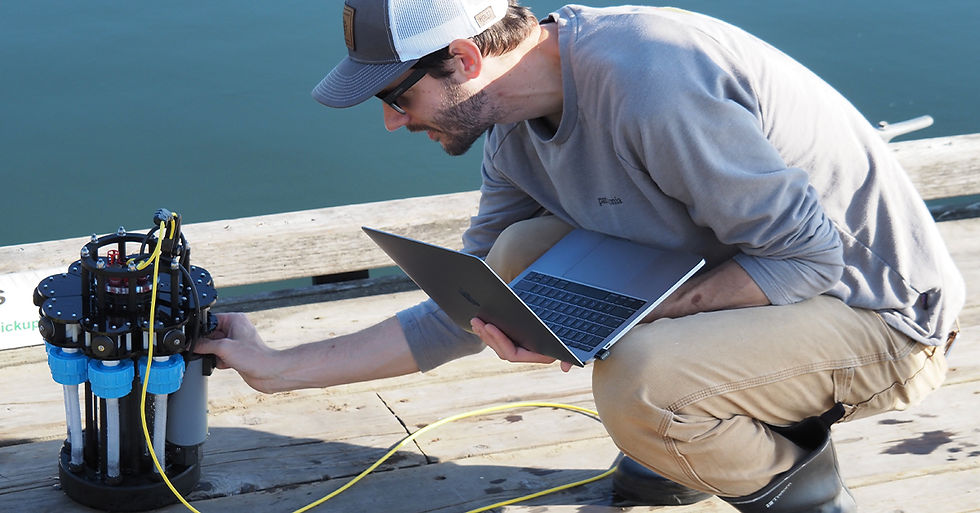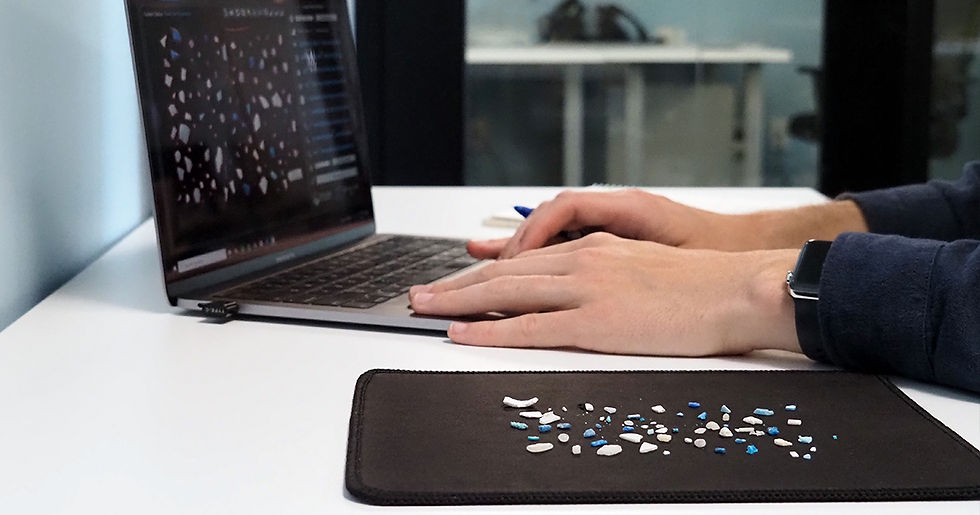Since the 1960s, humans have mistreated and over-exploited our oceans, resulting in critical levels of fish stocks and lasting impacts on the overall marine ecosystem. We rely on our ocean’s ecosystem to sustain our livelihood and the earth’s biodiversity, but our relationship with the oceans is becoming unsustainable. Scientists agree that if crucial changes aren’t made now, the results will be detrimental to human survival.
Researchers and policymakers have recognized some of the key problems affecting our ocean’s health are plastic pollution, overfishing, and climate change. Researchers and policymakers struggle to fight plastic pollution because plastic products enter our waterways at an uncontrollable rate and their degradation is slow. These plastic products eventually degrade to microplastic particles smaller than 5mm, that can pass-through water filtration systems and end up in our waterways. Microplastics litter our oceans and can be consumed by fish, potentially posing a threat to human health as we can ingest the particles through our food.

Diagnosing our ocean’s health has never been more important, but scientists lack the resources such as funding and efficient technology to thoroughly examine microplastics at the rate needed to influence immediate change. In addition, current equipment lacks the portability and convenience needed to collect data. Historically, humans have created ocean equipment that has done more harm than good (such as "ghost” fish gear), but over the last decade, the development of forward-thinking “blue tech” has increased dramatically as the pressure to invest in the “blue economy” has become pivotal.
The blue economy is an emerging concept which encourages better conservation and usage of our ocean or ‘blue’ resources. It drives economic growth, improved livelihoods, and jobs while preserving the health of ocean ecosystem. As we enter the Ocean Decade the need for development of blue technologies is crucial to helping policymakers and researchers make better decisions on how to protect the health of our oceans.

As Blue Tech Week commences, ocean tech companies, like Ocean Diagnostics, are showcasing their engineering solutions to solve some of the world’s most complex marine science problems. Determining how to protect our oceans cannot happen without data detection, sampling, monitoring, and analysis in vast ocean environments. Until now, technology with these capabilities has not existed in the microplastics field.
Ocean Diagnostics develops blue technologies with microplastics researchers in mind to enable scientists and citizens to collect data and conduct research that cannot otherwise be conducted due to accessibility issues like funding, accessibility, and portability. This data and research are critical to influence policy changes and implement regulations to diagnose and conserve our oceans.

Ocean Diagnostics Inc. is an environmental impact company committed to ocean science and data. We specialize in diagnosing and protecting the health of our oceans and waterways, particularly from microplastic pollution, through the development of practical and reliable technologies to advance and standardize global microplastics research. As the first company to design lightweight and portable technology specifically with microplastics researchers in mind, Ocean Diagnostics revolutionizes ocean engineering and technology.
Using mechanical and computer engineering, machine learning, and data science, these first-of-their-kind technologies help researchers and citizens uncover scientific discoveries about microplastic pollution and answer their microplastics and ocean-related research questions. Equipped with sufficient technology and data, they can better influence informed decision making and contribute to global change.
Follow us on Twitter and LinkedIn and subscribe to our email newsletter to receive updates on our blue tech and progress in advancing microplastics research.
